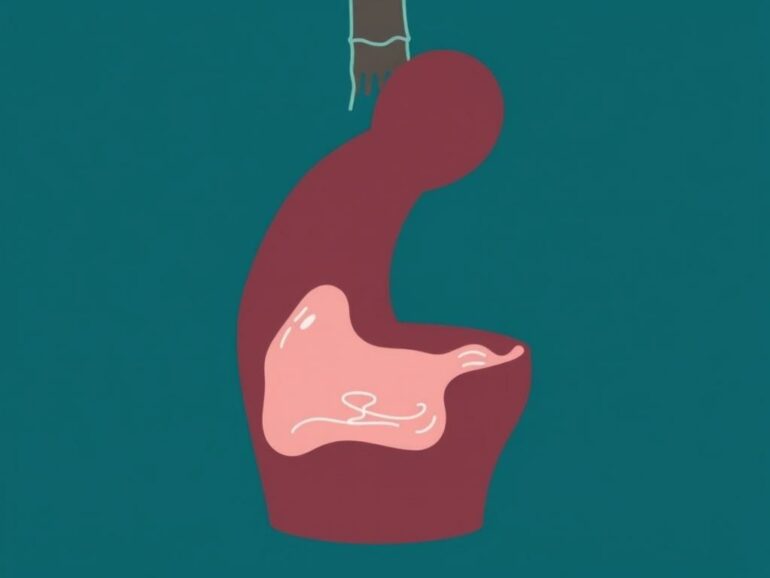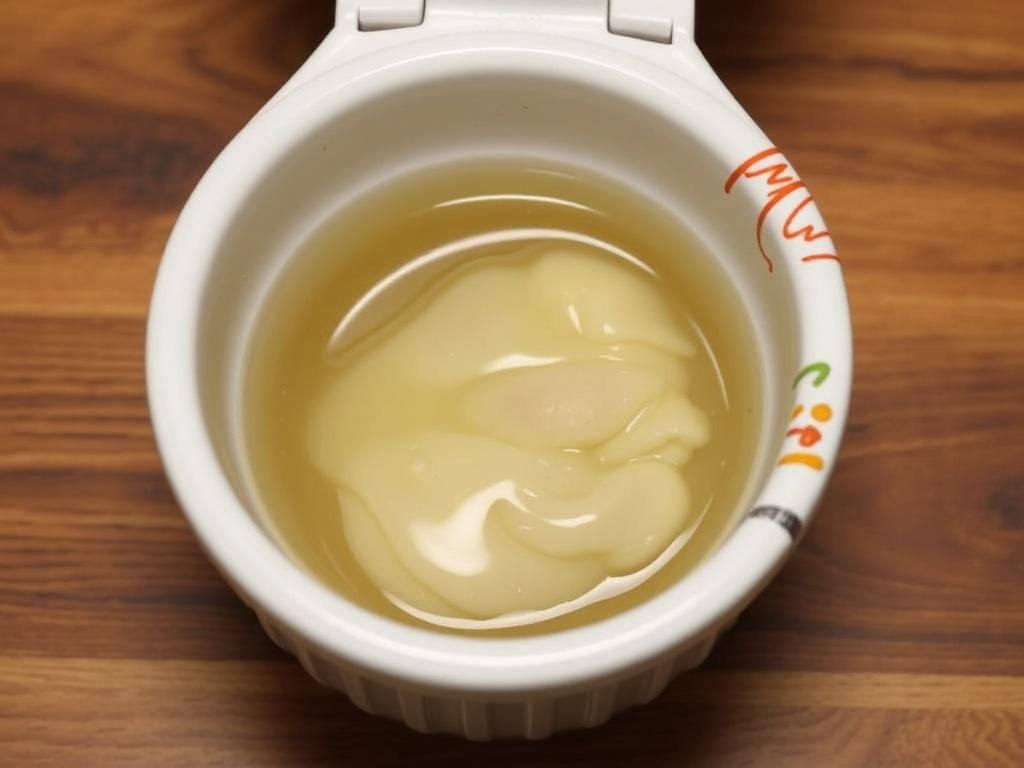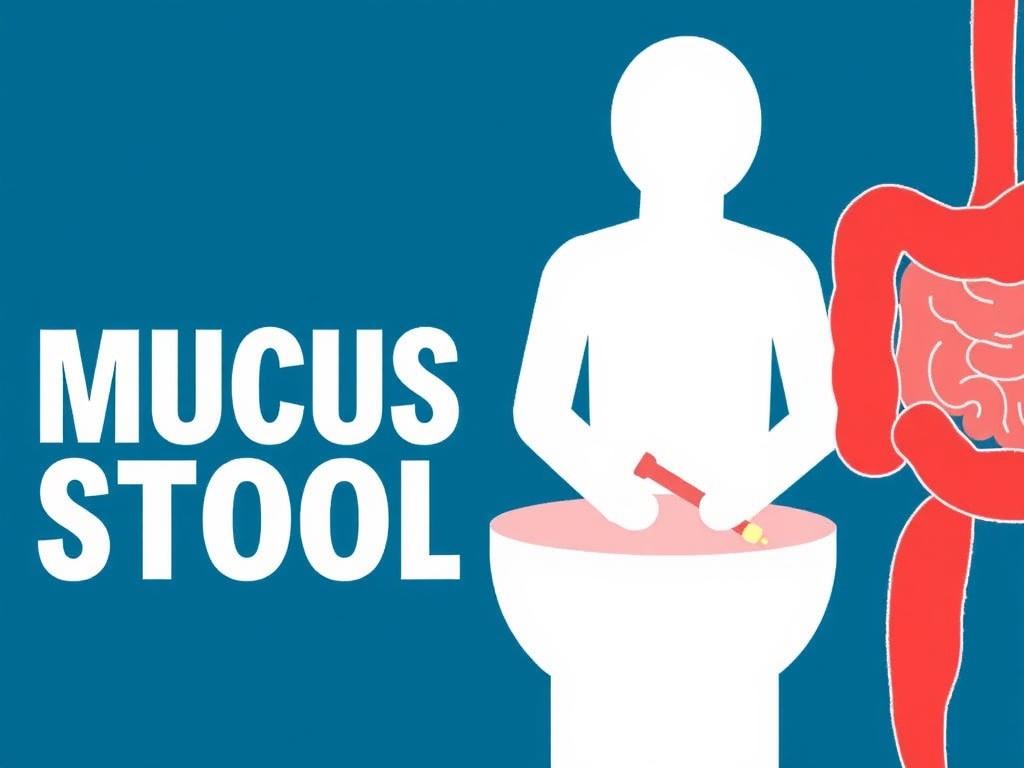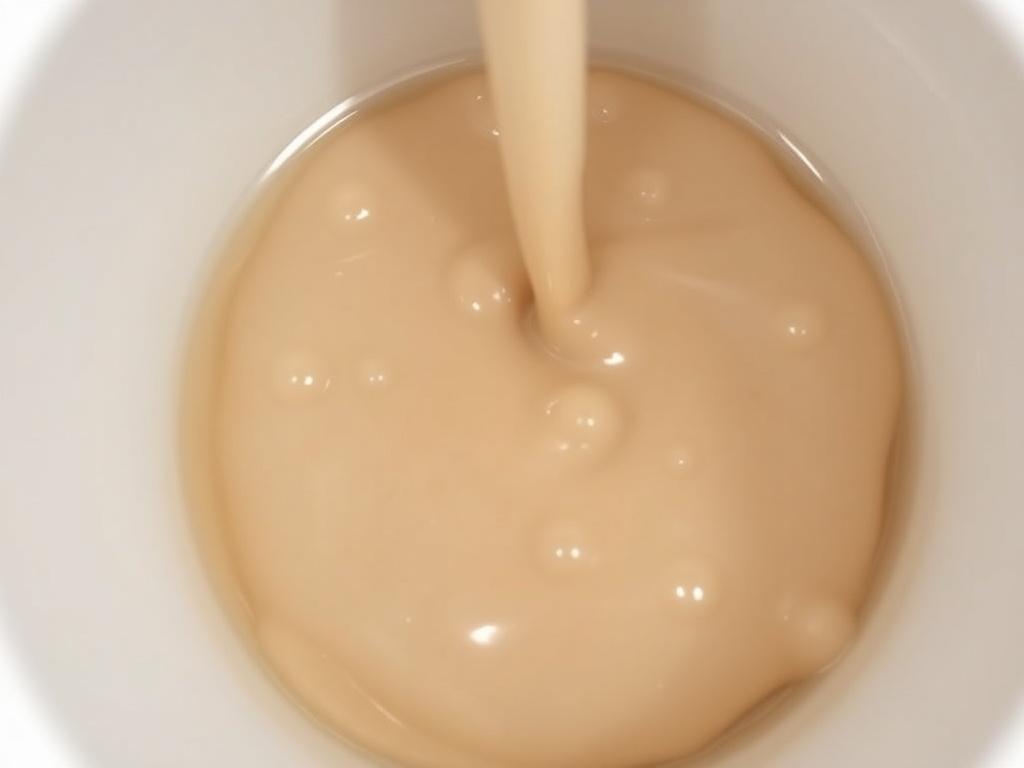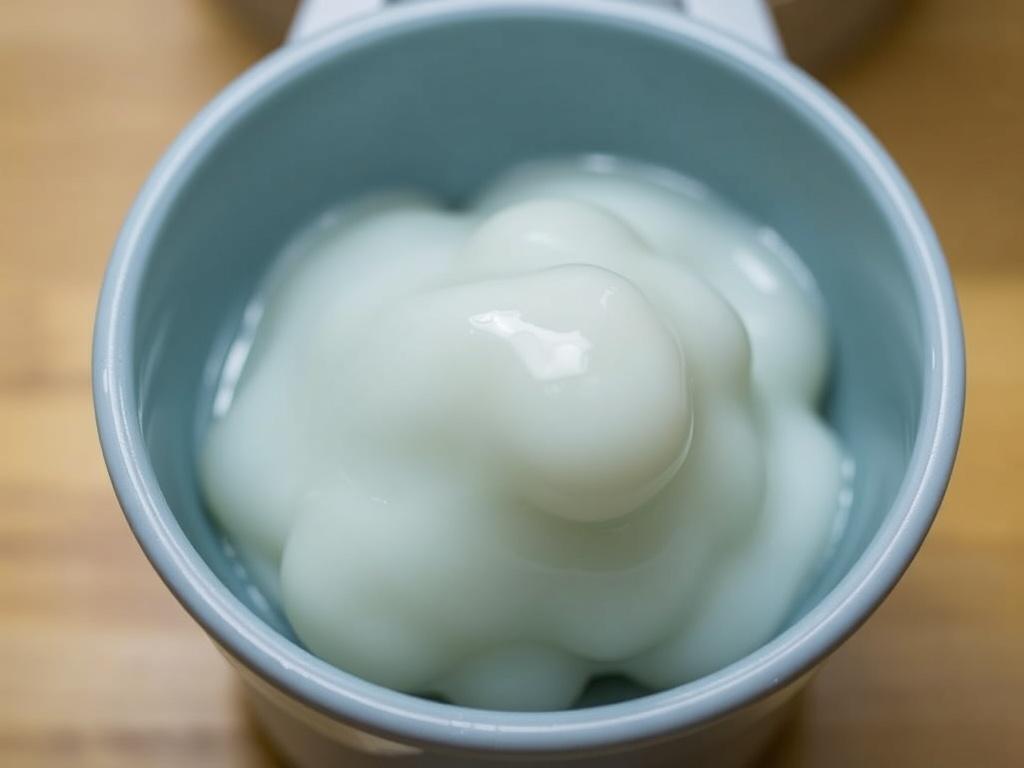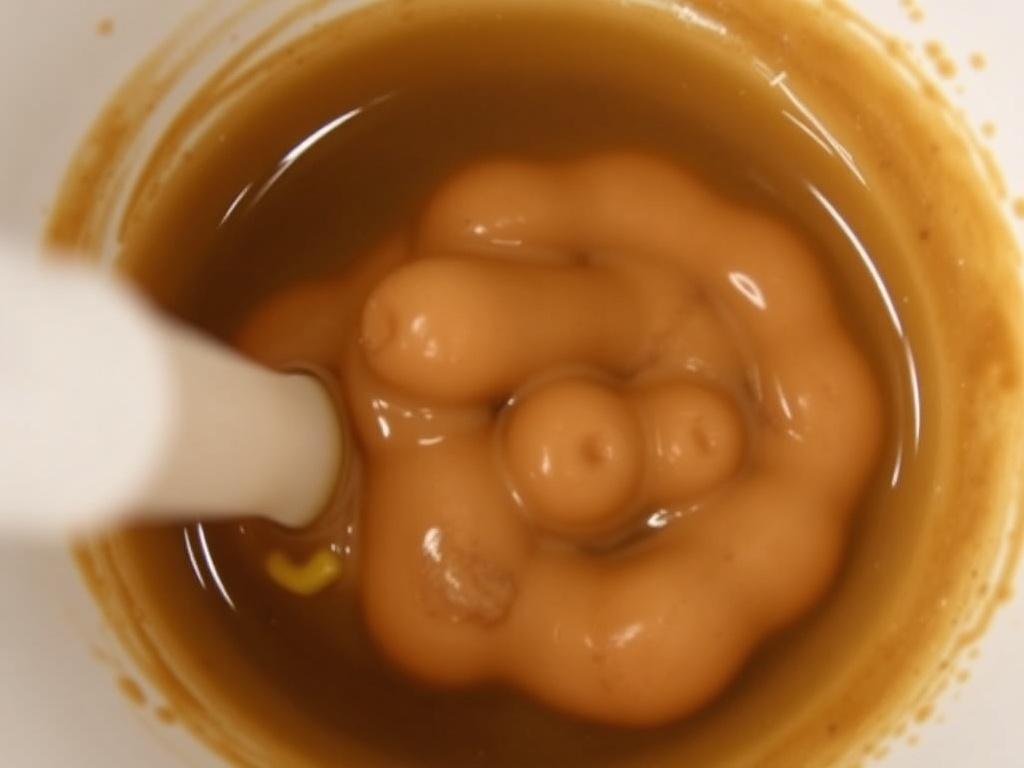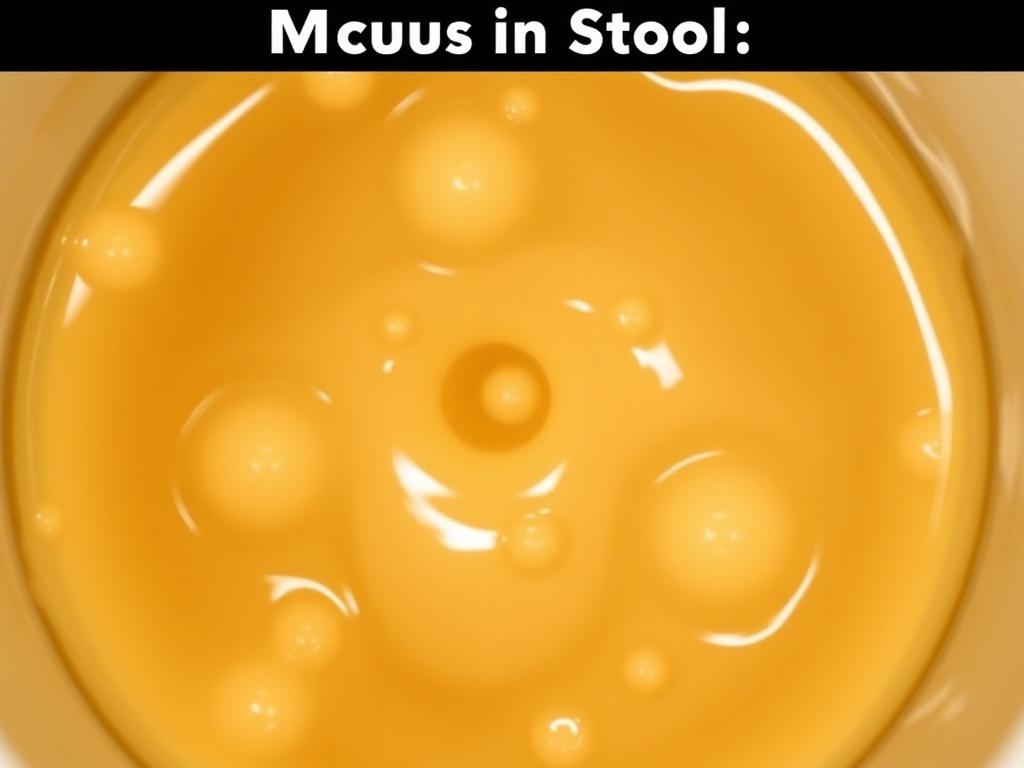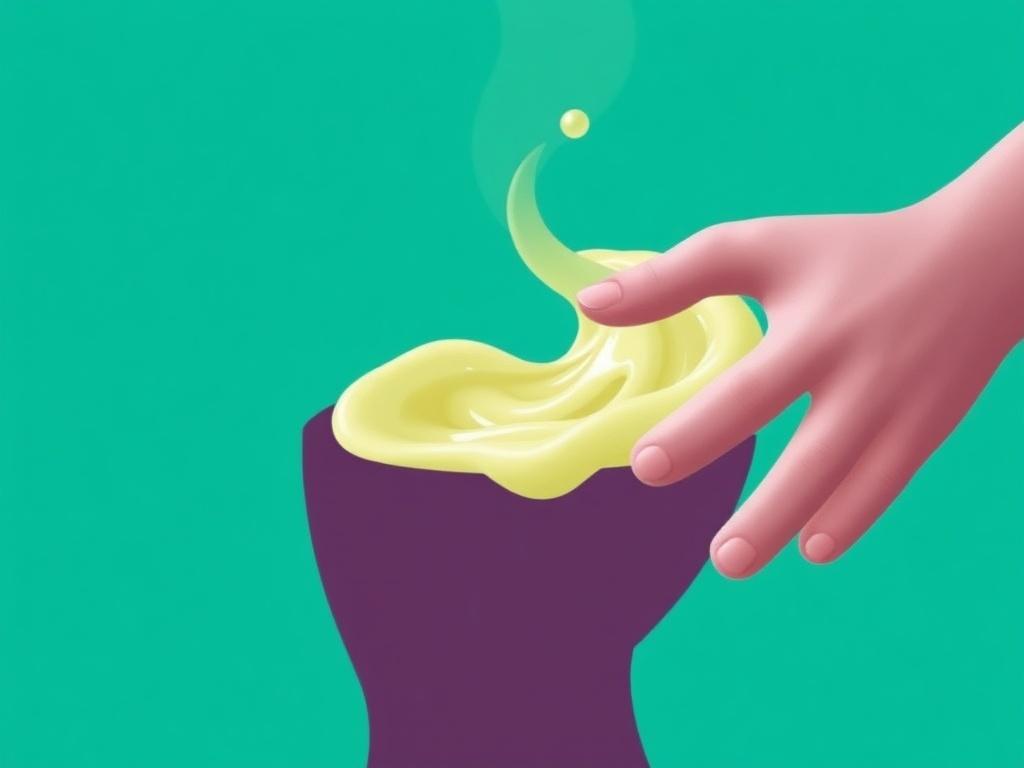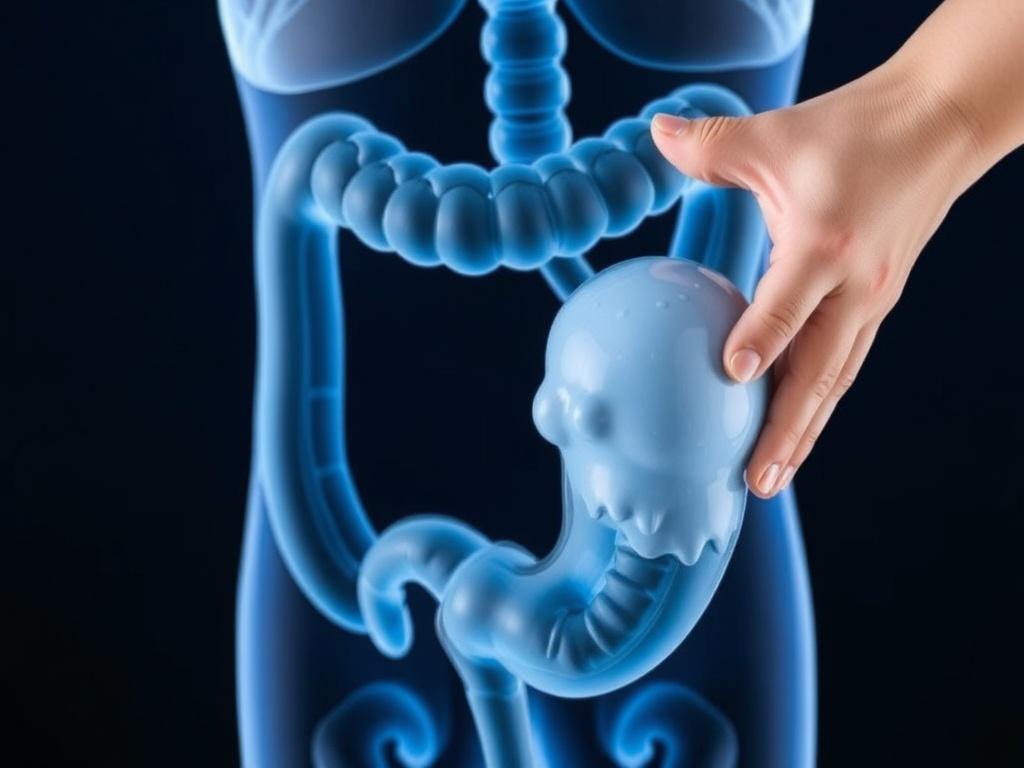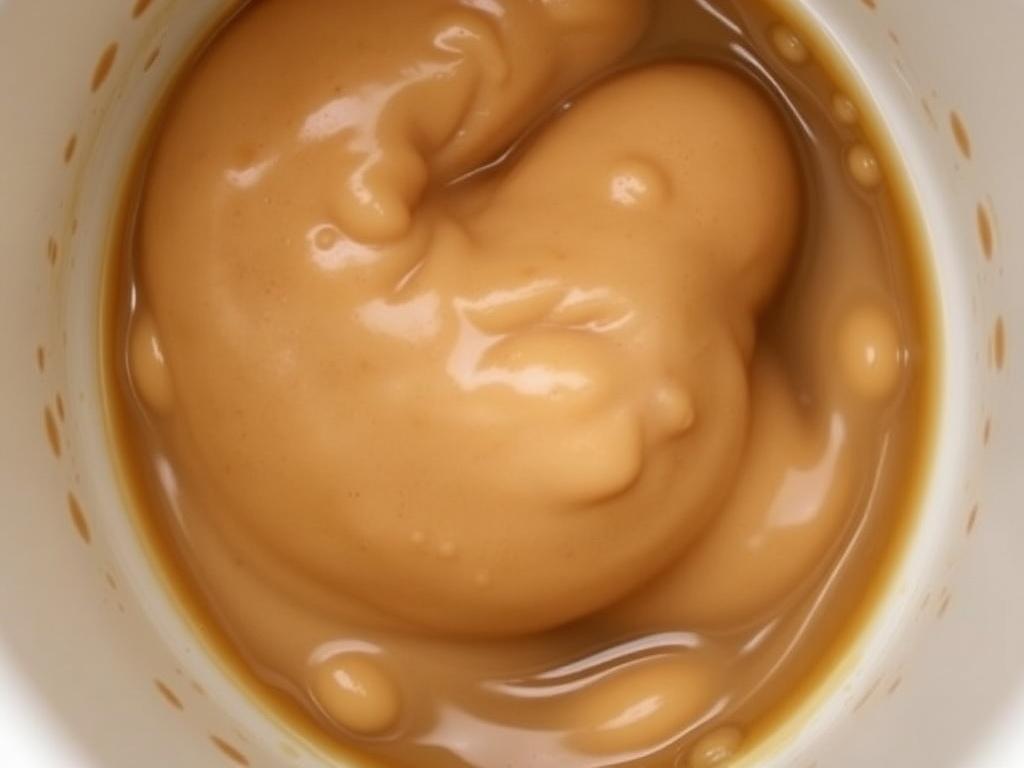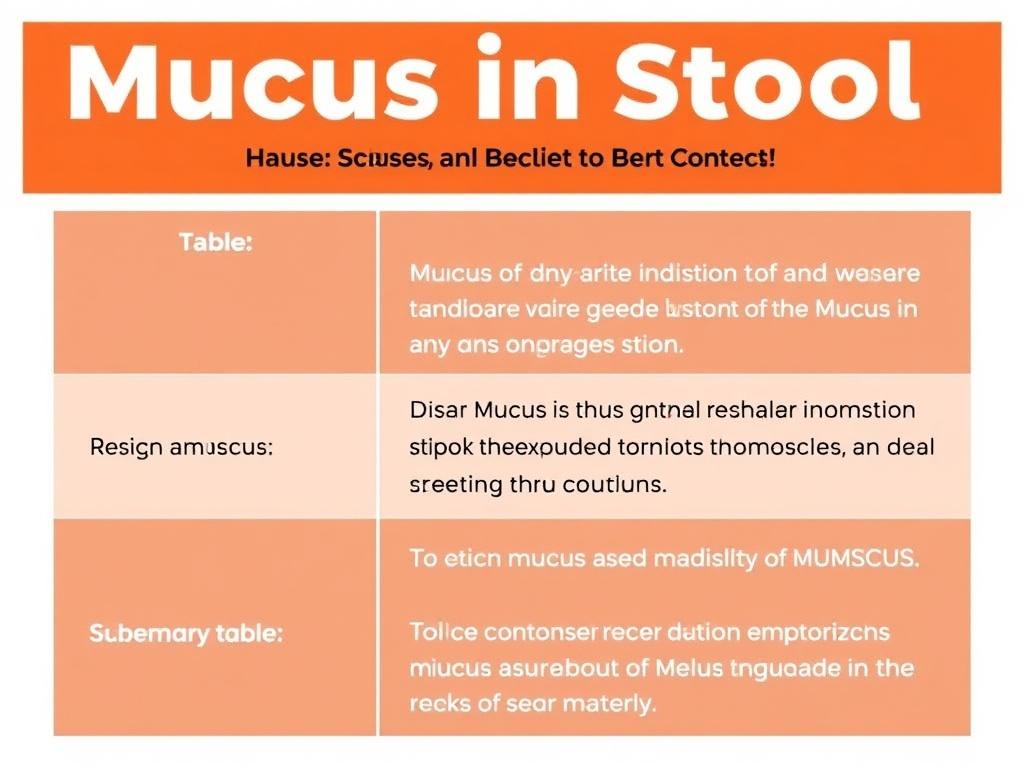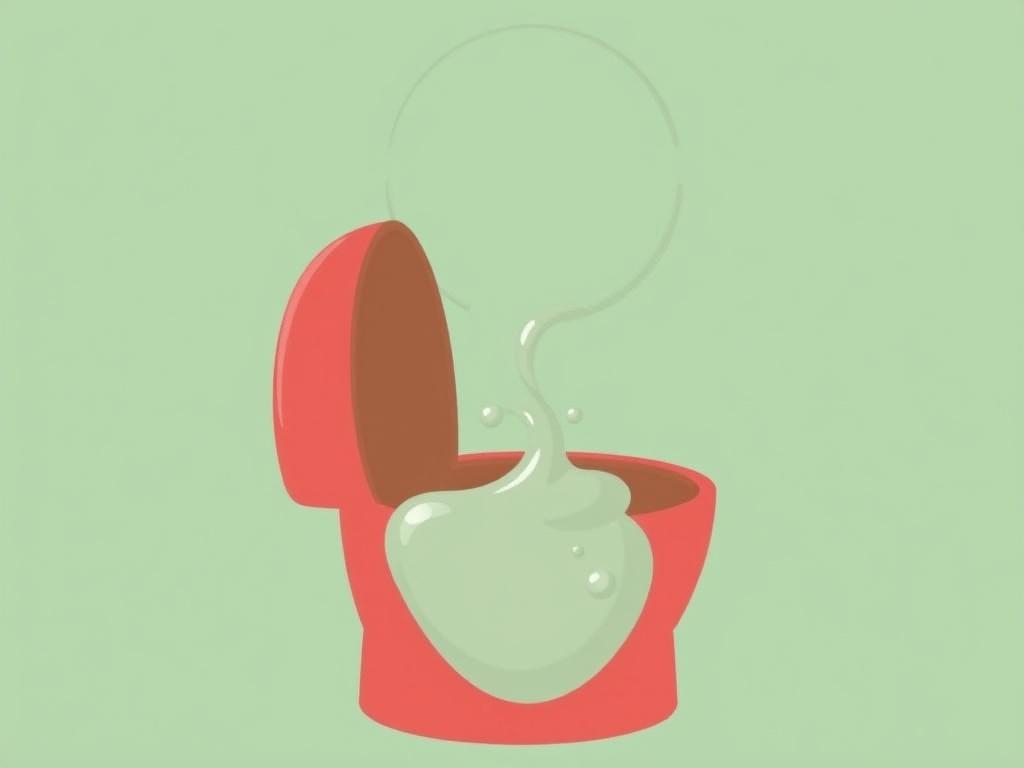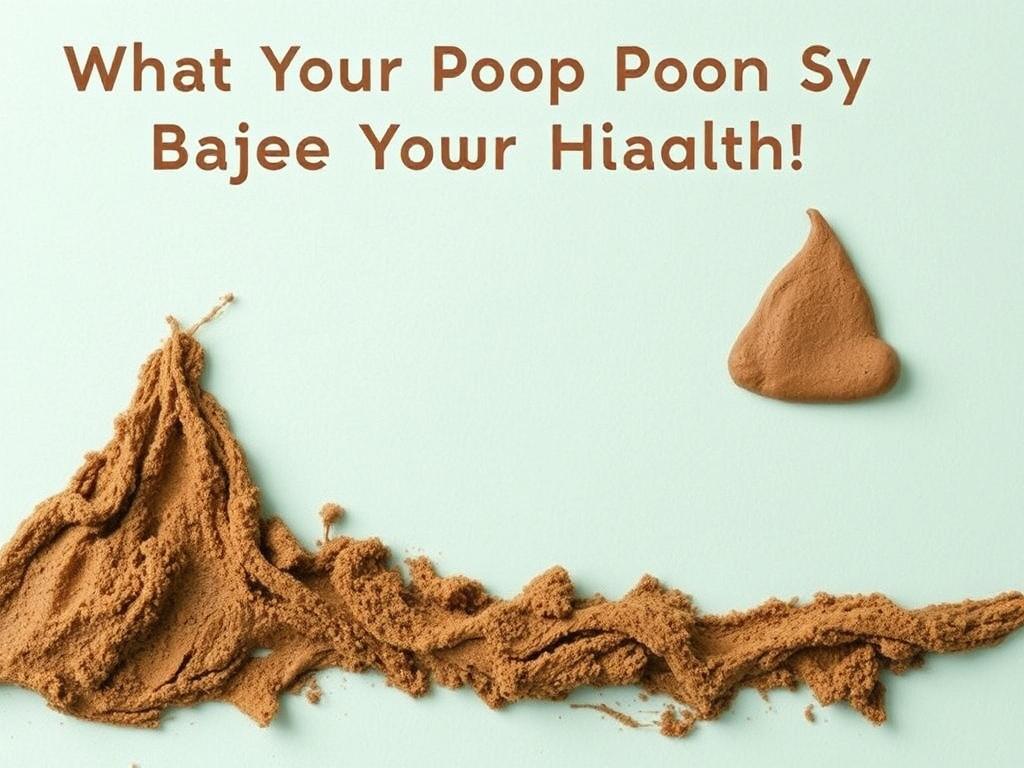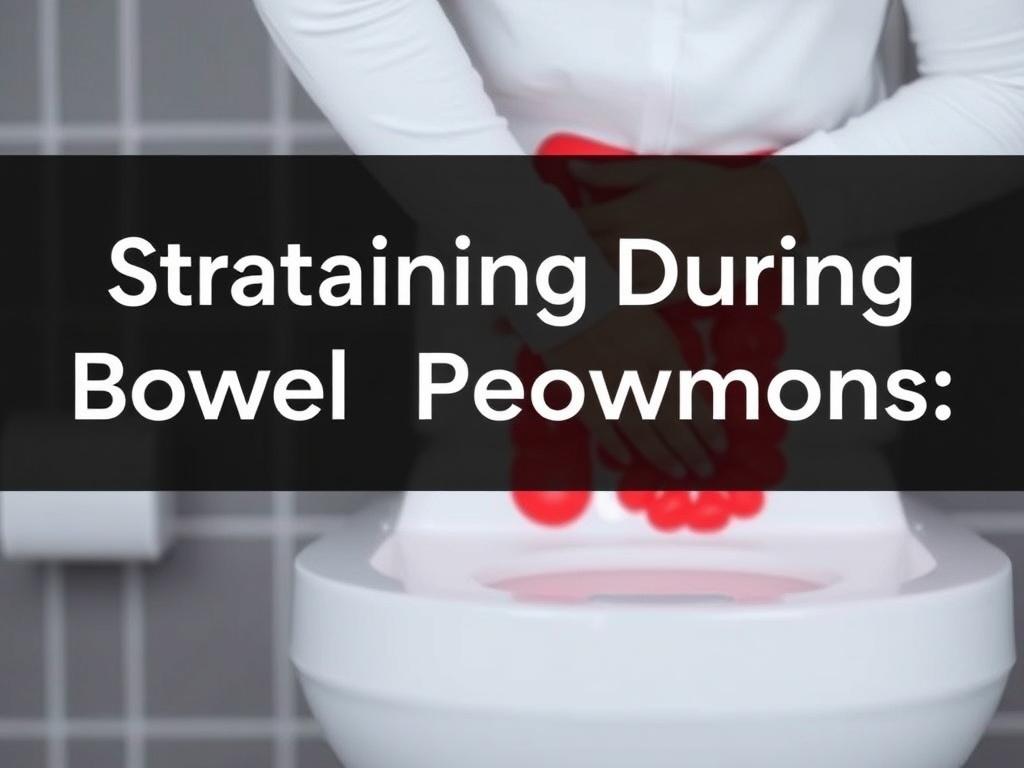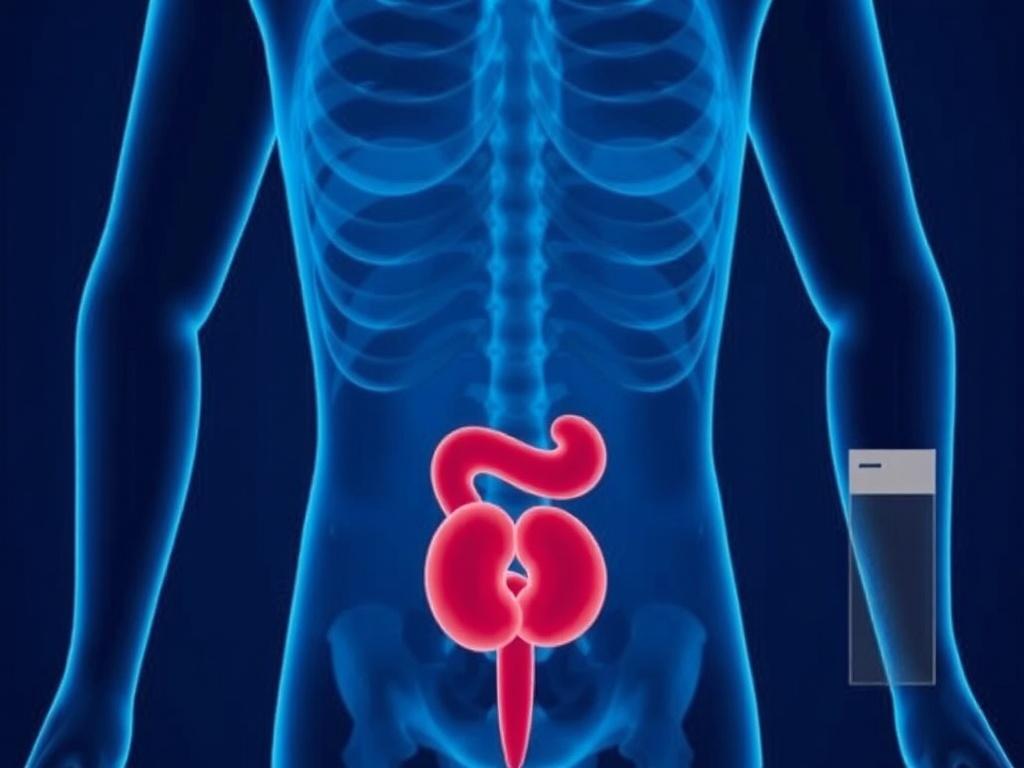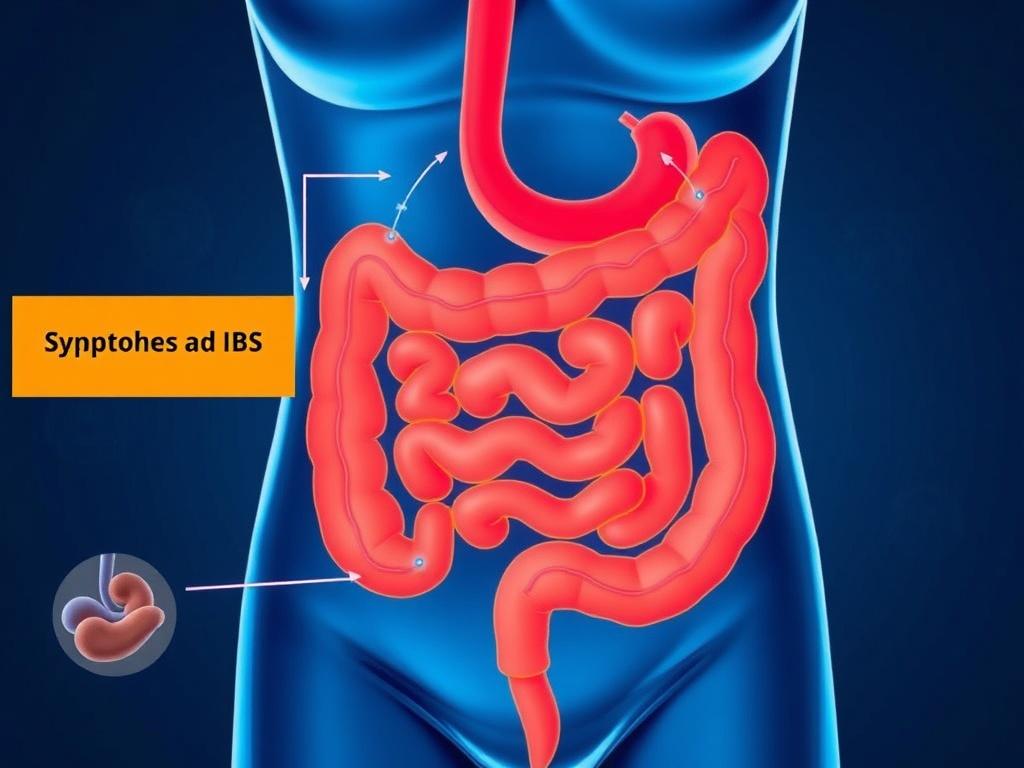Understanding Mucus in Stool
Have you ever noticed a slimy, gel-like substance in your stool and wondered what it could be? Mucus in stool is quite common and often not a cause for concern. The human body produces mucus everywhere—inside the nose, lungs, and digestive tract—to protect and lubricate tissues. In the intestines, mucus plays a crucial role by lining the intestinal walls, helping stool move smoothly, and shielding the gut from harmful bacteria and irritants.
Normally, a small amount of mucus is invisible in stool, but sometimes it becomes noticeable. When mucus in stool appears, it might indicate anything from a minor digestive irritation to a more serious condition. So, understanding the causes of mucus in stool, recognizing when it’s normal, and knowing when to seek medical advice can empower you to take care of your gut health.
What is Mucus and Why Does It Appear in Stool?
Mucus is a slippery secretion primarily composed of water, glycoproteins, and mucins—special proteins that give mucus its thick texture. The intestines naturally produce mucus to lubricate and protect the lining from damage by passing stool. This protective layer acts like a shield, preventing inflammation or injury caused by rough or hard fecal matter.
Usually, mucus is colorless or clear and is mixed thoroughly with stool, making it hard to notice. However, when excess mucus is produced or there is inflammation or infection in the intestines, mucus can become more visible and may appear as a slimy coating on stool or as mucus strands.
Common Causes of Mucus in Stool
There are various reasons why mucus might suddenly appear in your stool. While some causes are harmless and temporary, others may require medical attention. Let’s explore the common causes to help you identify the potential culprits.
1. Dietary Factors
Sometimes, changes in diet can cause a bit of mucus to appear in stool. Eating a lot of spicy foods, fatty meals, or foods that cause mild irritation to the gut can increase mucus production. Additionally, food intolerances or allergies, such as lactose intolerance or gluten sensitivity, may lead to mild inflammation and excess mucus.
2. Infections
Bacterial, viral, or parasitic infections in the intestines often stimulate mucus production as the body tries to flush out pathogens. Infections such as food poisoning or traveler’s diarrhea can cause mucus along with other symptoms like diarrhea, stomach cramps, and fever.
3. Irritable Bowel Syndrome (IBS)
IBS is a common functional bowel disorder, characterized by symptoms like abdominal pain, altered bowel habits, and mucus in stool. Here, the intestines are sensitive and react to stimuli with increased mucus production, even when no visible damage occurs.
4. Inflammatory Bowel Disease (IBD)
Conditions like Crohn’s disease and ulcerative colitis, collectively called inflammatory bowel diseases, cause inflammation and ulcers in the digestive tract lining. This inflammation leads to increased mucus secretion, and mucus in stool is often accompanied by blood, diarrhea, and abdominal pain.
5. Anal Fissures and Hemorrhoids
Sometimes, localized irritation or tears near the anus, such as fissures or hemorrhoids, cause mucus discharge in the stool. This occurs because the anal area produces extra mucus to help ease stool passage and protect irritated tissues.
6. Colorectal Polyps or Cancer
Though less common, mucus in stool can sometimes be a sign of colorectal polyps or cancer. In these cases, mucus may be mixed with blood and accompanied by changes in bowel habits, weight loss, or fatigue.
How to Differentiate Normal Mucus from Concerning Signs
You might be wondering when mucus in stool is just a minor blip and when it could be a warning sign. The answer lies in observing accompanying symptoms and recognizing patterns over time.
Normal, Harmless Mucus
— Small amounts of clear or white mucus occasionally present in stool
— No other symptoms like pain, bleeding, diarrhea, or weight loss
— Mucus appears only episodically and resolves within a few days
When to Be Concerned
— Persistent mucus production for several weeks
— Mucus mixed with bright red or dark blood
— Frequent diarrhea or constipation accompanied by mucus
— Abdominal pain, cramping, or bloating that doesn’t go away
— Unexplained weight loss or fatigue
If you experience any of these signs, it’s important to consult your doctor for proper diagnosis and treatment.
Symptoms Often Associated with Mucus in Stool
Mucus is rarely an isolated symptom. Paying attention to additional signs can help clarify the underlying issue.
- Diarrhea or constipation: Changes in bowel habits often accompany mucus if there’s an infection, IBS, or IBD.
- Abdominal pain or cramping: Inflammation or irritation usually causes discomfort.
- Blood in stool: May indicate more serious conditions like IBD, hemorrhoids, or cancer.
- Urgency or incomplete evacuation: Feeling the need to rush to the toilet or incomplete bowel emptying can occur with IBS or infections.
- Fever and fatigue: Signs of infection or systemic illness.
Diagnosing the Cause of Mucus in Stool
If you or your doctor suspect something more than simple irritation is causing mucus in stool, several diagnostic tests can be conducted.
Physical Examination
A detailed medical history and physical exam, including an inspection of the anal area, help identify issues such as hemorrhoids or fissures.
Stool Tests
Stool samples can be analyzed for infections, presence of blood, or inflammation markers like calprotectin.
Blood Tests
Blood work may include checking for anemia, infection, or inflammatory markers that hint towards IBD.
Colonoscopy or Sigmoidoscopy
These are endoscopic procedures allowing direct visualization of the colon’s interior to detect inflammation, polyps, or tumors.
Imaging Studies
In some cases, CT scans or MRI might be used to evaluate the bowel and surrounding tissues.
Common Treatments for Mucus in Stool
Treatment depends on the underlying cause, but here are some general approaches.
| Cause | Treatment |
|---|---|
| Dietary Irritation | Avoid spicy, fatty, or triggering foods; increase fiber intake; stay hydrated |
| Infections | Antibiotics or antiparasitic medications if bacterial or parasitic; supportive care for viruses |
| Irritable Bowel Syndrome (IBS) | Stress management, dietary changes (low FODMAP diet), medications to regulate bowel habits |
| Inflammatory Bowel Disease (IBD) | Anti-inflammatory drugs, immunosuppressants, biologic therapies; sometimes surgery |
| Anal Fissures and Hemorrhoids | Topical treatments, warm baths, increased fiber and fluids, sometimes minor procedures |
| Polyps or Cancer | Polyp removal, surgical resection, chemotherapy, or radiation depending on stage |
Preventing Excess Mucus in Stool: Tips for a Healthy Gut
Although you can’t prevent all causes of mucus in stool, maintaining good digestive health can reduce the risk of underlying issues.
- Eat a balanced, fiber-rich diet: Incorporate fruits, vegetables, whole grains, and legumes to promote regular bowel movements and healthy gut bacteria.
- Stay hydrated: Drinking enough water helps stools stay soft and reduces irritation from hard stools.
- Avoid known triggers: Identify and limit foods or substances that cause digestive upset or allergies.
- Manage stress: Since stress impacts gut function, practicing relaxation techniques such as meditation or yoga can help.
- Stay physically active: Exercise supports healthy digestion and bowel movements.
- Don’t ignore persistent symptoms: Early medical evaluation can prevent complications.
When to See a Doctor About Mucus in Stool
While occasional mucus in stool is often harmless, certain warning signs require prompt medical attention. If you notice any of the following, schedule a visit with your healthcare provider:
- Mucus in stool lasting more than a week
- Mucus accompanied by blood or black, tarry stools
- Persistent diarrhea or constipation
- Severe abdominal pain or cramping
- Unexplained weight loss or weakness
- Fever or signs of infection
Early diagnosis can make a significant difference in managing and treating underlying conditions, such as infections or inflammatory bowel diseases.
Summary Table: Key Points About Mucus in Stool
| Aspect | Details |
|---|---|
| What is mucus? | Protective gel-like secretion lining intestines |
| Normal appearance | Small, clear amounts not easily noticeable |
| Common causes of visible mucus | Dietary irritation, infection, IBS, IBD, hemorrhoids, anal fissures |
| Serious causes | Inflammatory bowel disease, colorectal cancer |
| When to see a doctor | Persistent mucus, blood in stool, abdominal pain, weight loss |
| Treatment varies by cause | Diet changes, medications, sometimes surgery |
Conclusion
Mucus in stool is a common phenomenon that most people experience at some point. Often, it is harmless and linked to minor irritations or changes in diet. However, seeing mucus in stool along with other symptoms like persistent abdominal pain, blood, or changes in bowel habits should not be ignored. Being aware of the causes, from simple infections and dietary triggers to more significant conditions like IBD or colorectal cancer, helps you keep track of your gut health wisely. If you notice worrisome symptoms, consulting a healthcare provider is the best step forward. Remember, understanding your body and paying attention to changes is key to staying healthy and feeling your best.
Читайте далее: